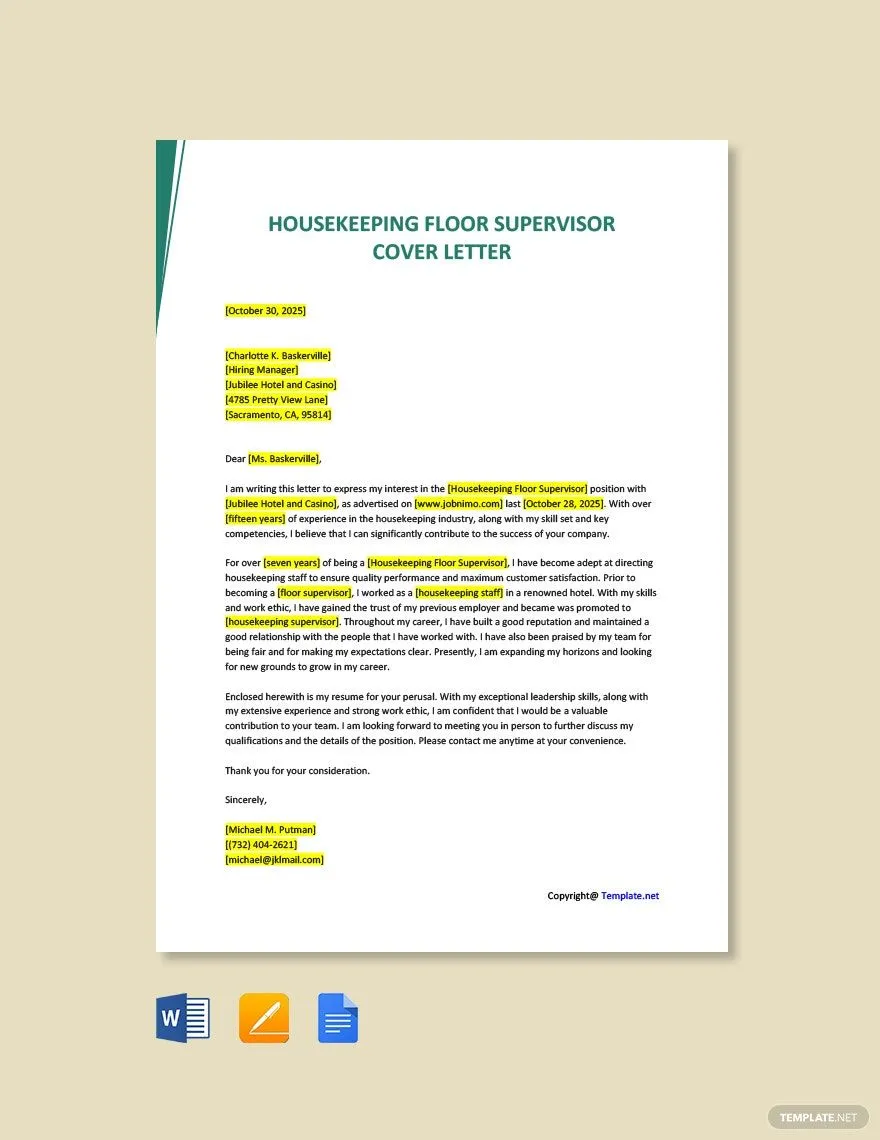Understanding the Role of a Housekeeper in a Hospital
Housekeeping in a hospital setting is far more critical than in a typical environment. The role extends beyond mere cleaning; it encompasses a vital function in infection control, patient safety, and the overall well-being of everyone within the facility. A hospital housekeeper ensures that patient rooms, operating theaters, waiting areas, and all common spaces are meticulously cleaned, sanitized, and maintained to the highest standards. This creates a safe environment for patients, staff, and visitors. The demands of this profession require a deep understanding of specialized cleaning protocols, safety regulations, and the sensitive nature of healthcare settings. Success in this profession involves more than just the ability to clean; it necessitates a commitment to maintaining a sterile environment and a dedication to protecting the health of those within the hospital’s walls.
Key Responsibilities of a Hospital Housekeeper
The responsibilities of a hospital housekeeper are extensive and pivotal to the efficient operation of a healthcare facility. They are tasked with maintaining cleanliness and hygiene throughout the hospital. This involves detailed cleaning and sanitizing of patient rooms after discharge, including beds, furniture, and equipment. Public areas, such as waiting rooms, hallways, and restrooms, also require regular cleaning and sanitation. Furthermore, housekeepers are responsible for managing waste disposal, adhering to stringent protocols for medical waste, and general refuse. They also monitor and replenish supplies like hand sanitizers, paper towels, and soap dispensers. Compliance with infection control procedures, which involves proper use of cleaning agents and adherence to isolation protocols, is a constant. The role also entails the ability to address spills, respond to emergency cleaning situations, and collaborate effectively with other healthcare professionals to provide a safe and hygienic environment.
Cleaning and Sanitizing Procedures
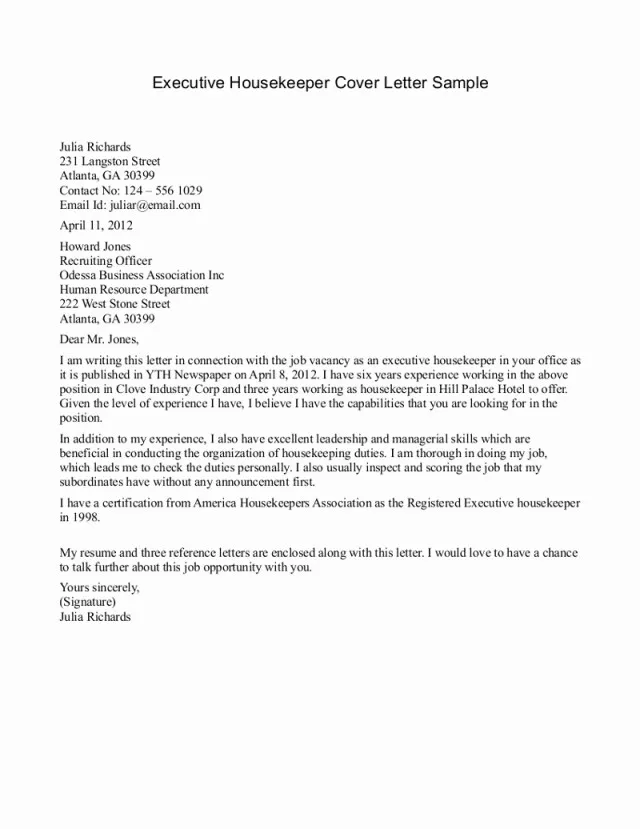
Cleaning and sanitizing procedures are fundamental to maintaining a safe hospital environment. Housekeepers must adhere to specific protocols, often guided by standardized operating procedures and infection control guidelines. This includes the proper use of EPA-approved disinfectants and cleaning agents, ensuring that surfaces are thoroughly cleaned before applying sanitizing solutions. Effective techniques involve meticulous wiping, scrubbing, and the use of appropriate equipment, such as color-coded cleaning cloths and mops to prevent cross-contamination. Specific attention is given to high-touch surfaces like doorknobs, light switches, and medical equipment. These procedures not only remove visible dirt but also eliminate germs, bacteria, and viruses, reducing the risk of healthcare-associated infections. Regular training and updates on these procedures are essential to keep housekeepers informed about the latest recommendations and best practices, contributing to enhanced patient safety and staff wellbeing.
Waste Management Protocols
Waste management in a hospital setting is a critical responsibility that ensures the safe disposal of various types of waste. Housekeepers must be well-versed in differentiating between general waste, infectious waste, sharps, and pharmaceutical waste, each requiring specific handling and disposal methods. Infectious waste, which includes contaminated materials like used dressings, needles, and other sharp objects, must be placed in designated, clearly marked containers. Sharps are managed with extra caution to prevent injuries, adhering to guidelines that govern how to handle and dispose of needles and other sharp instruments. Pharmaceutical waste must be handled separately to prevent environmental contamination. Housekeepers also need to follow regulations, such as those set by the EPA and OSHA, and be trained in appropriate personal protective equipment (PPE), including gloves, masks, and gowns, to minimize exposure to hazardous materials. These strict adherence to waste management protocols is essential for protecting both the environment and the people within the hospital.
Infection Control Measures
Infection control measures are central to the role of a hospital housekeeper. Housekeepers work on maintaining a sterile and sanitary environment that prevents the spread of infections. They must understand and implement stringent measures, including proper hand hygiene, using appropriate PPE, and utilizing specialized cleaning techniques. Hand hygiene is a fundamental measure, ensuring regular handwashing with soap and water or the use of alcohol-based hand sanitizers. PPE, such as gloves, masks, and gowns, protects against exposure to infectious agents. The selection and use of cleaning products and their effective application are vital. Housekeepers must be aware of the different types of disinfectants and the surfaces they should be used on. Furthermore, they must be diligent in recognizing and responding to isolation protocols for patients with infectious diseases. By following these essential measures, housekeepers significantly contribute to a safer environment, reducing the risk of infections and helping to create a positive healthcare experience.
Top 7 Skills for Hospital Housekeepers
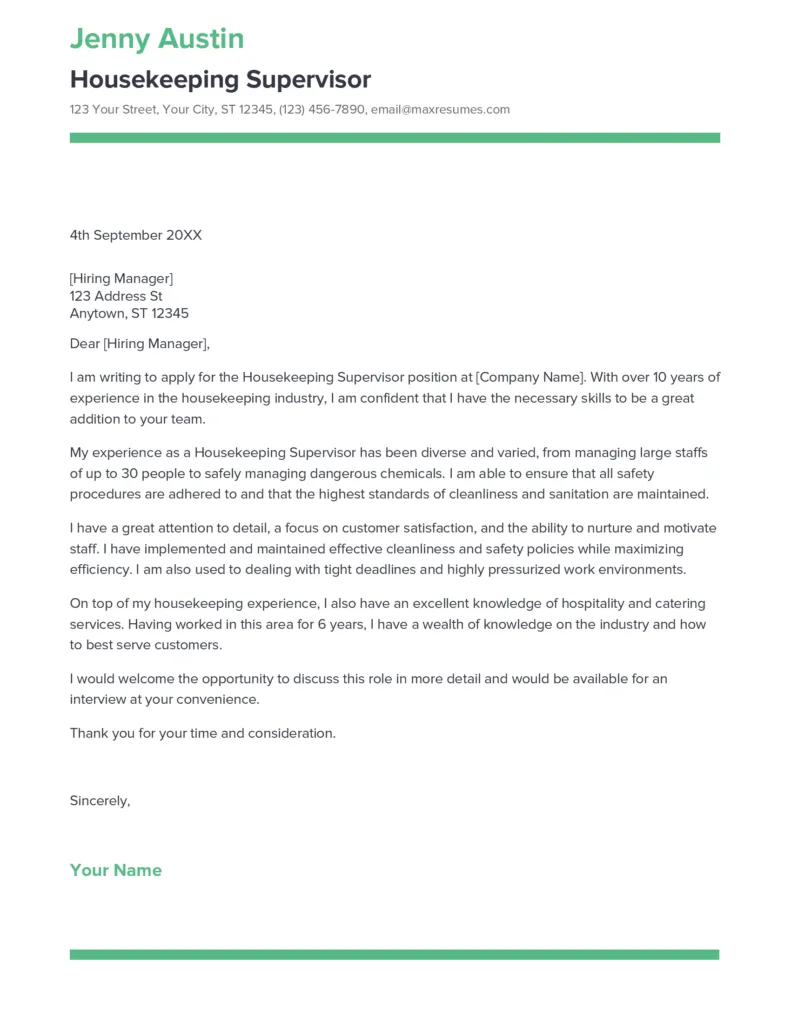
A successful hospital housekeeper requires a unique combination of skills that go beyond basic cleaning abilities. These individuals need to be attentive, efficient, and knowledgeable in healthcare protocols. The essential skills that define a successful hospital housekeeper enable them to maintain a hygienic environment and contribute to patient and staff safety. The following sections will delve into the top 7 skills, providing an in-depth understanding of what it takes to excel in this crucial role. They include attention to detail, time management, physical stamina, communication skills, teamwork, adherence to protocols, and problem-solving abilities. A housekeeper who possesses these skills is well-prepared to handle the complex responsibilities associated with cleaning and sanitizing in a healthcare setting.
Attention to Detail
Attention to detail is a critical skill for a hospital housekeeper. This means the ability to notice even the smallest discrepancies, ensuring that every area is thoroughly cleaned and sanitized. Housekeepers must possess an unwavering commitment to quality, meticulously checking their work to eliminate any potential hazards or unsanitary conditions. In a healthcare environment, this level of diligence is crucial for preventing the spread of infections and maintaining a safe environment. This skill includes the capacity to identify and address potential problems before they escalate, such as noticing a spill or a surface that has not been cleaned properly. It also involves following detailed cleaning protocols, using the right equipment, and being thorough with all tasks. This precise approach to cleaning ensures that every patient room, waiting area, and operating theater meet the highest standards of cleanliness and hygiene. The ability to see the small things, in essence, keeps a hospital functioning and the people within it safe.
Time Management
Effective time management is essential for housekeepers. Hospital housekeepers often face time constraints, as they need to clean and sanitize many areas within limited periods. They must organize their tasks efficiently, prioritize what needs to be done, and allocate time wisely to ensure every area gets the needed attention. This involves planning the cleaning schedule, determining the best route for covering all required areas, and managing their tasks in a way that minimizes disruption to patients and staff. Good time management involves the ability to work under pressure and to meet deadlines, especially when dealing with emergency situations, such as responding to a spill or preparing a room for a new patient. The ability to keep track of time and to use it effectively is crucial for maintaining hospital cleanliness, and a housekeeper’s ability to manage time directly impacts the overall efficiency and hygiene of the healthcare facility.
Physical Stamina
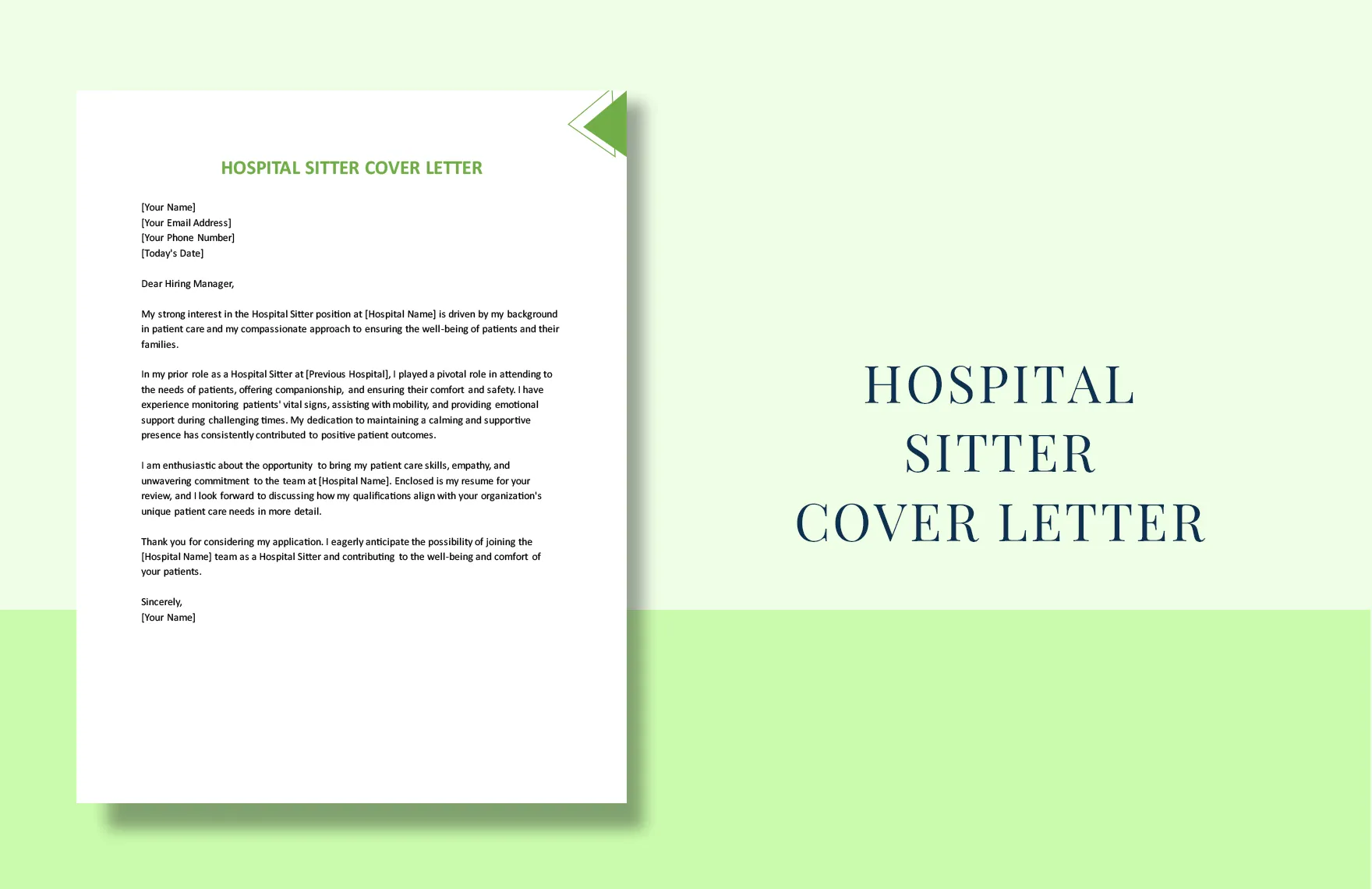
Physical stamina is a significant requirement for hospital housekeepers, as the job often involves prolonged periods of standing, walking, bending, lifting, and pushing cleaning equipment. Housekeepers are expected to perform these tasks throughout their shifts, moving and cleaning around large areas and dealing with heavy equipment such as floor buffers and cleaning carts. Physical endurance is vital for ensuring that cleaning and sanitation tasks are completed efficiently and that cleaning quality doesn’t decline due to fatigue. This also helps housekeepers to respond to emergencies quickly and effectively. Housekeepers must be able to sustain their energy levels throughout the day and manage the physical demands of the job. Regular exercise and a healthy lifestyle can help housekeepers to maintain their fitness and enhance their physical capacity, enabling them to provide consistent and high-quality cleaning services.
Communication Skills
Effective communication skills are essential for hospital housekeepers. Clear and concise communication helps housekeepers to work effectively with colleagues, supervisors, and other healthcare professionals. Housekeepers need to be able to understand and follow instructions, report problems, and ask questions when necessary. Good communication skills also involve the ability to listen actively, respond appropriately, and convey information clearly. This could include notifying nurses of a spill, informing supervisors about needed repairs, or communicating effectively with patients and visitors in a respectful manner. The ability to communicate effectively fosters a more cooperative and organized work environment. Ultimately, a housekeeper with good communication skills can contribute to the smooth operations and the safety and comfort of everyone within the hospital setting.
Teamwork
Teamwork is critical in a hospital setting, where many departments and individuals must collaborate to provide patient care. Hospital housekeepers are integral members of the healthcare team, and their success depends on working collaboratively with other staff members. They must work with nurses, doctors, other housekeeping staff, and various support personnel, coordinating their efforts to achieve common goals. This requires sharing information, supporting colleagues, and contributing to a positive work environment. Housekeepers need to be able to take direction, offer assistance, and communicate effectively within the team. By working together, housekeepers can provide the best cleaning and sanitation services possible, contributing to a safer and more efficient hospital environment. Teamwork among housekeeping staff promotes greater job satisfaction and leads to improved patient outcomes and staff morale.
Adherence to Protocols
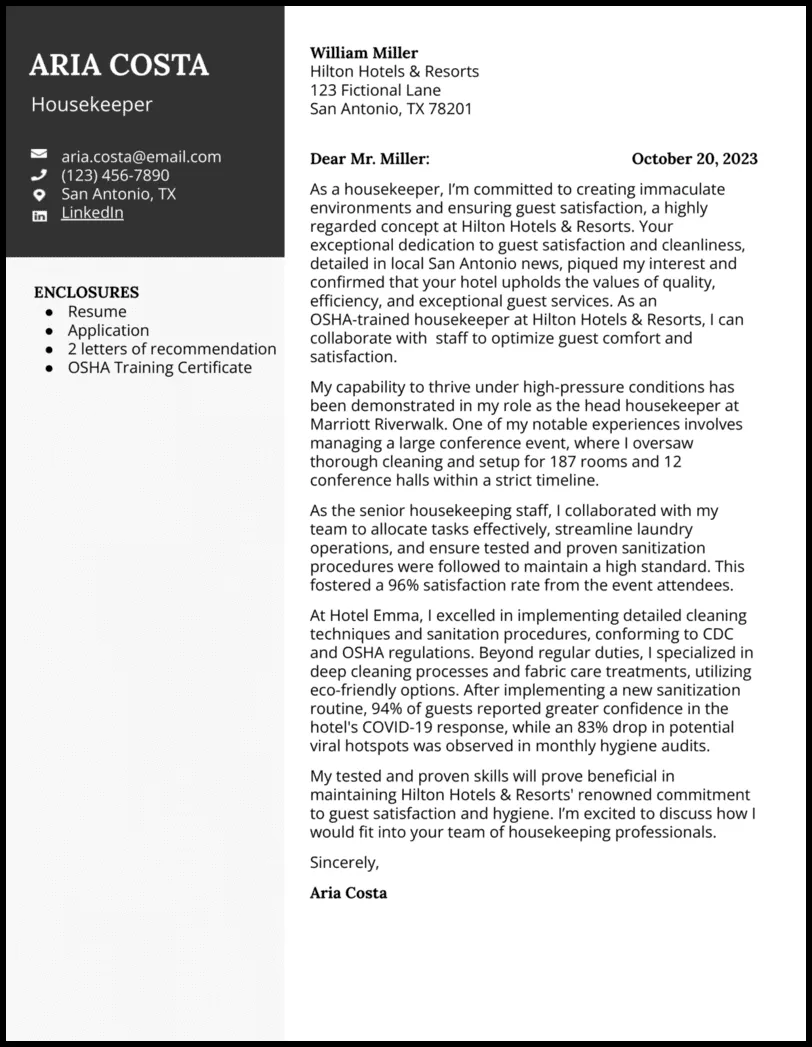
Adherence to protocols is of paramount importance in a hospital, where strict guidelines and procedures are in place to ensure patient safety and infection control. Housekeepers must follow established protocols for cleaning, sanitation, waste management, and safety precautions meticulously. This means consistently applying the right cleaning methods, using the appropriate cleaning supplies, and wearing the necessary personal protective equipment. Protocols are designed to minimize risks and maintain the highest standards of hygiene. The ability to adhere to these protocols ensures that tasks are completed safely and effectively. Housekeepers must also stay updated on any changes or revisions to these protocols and be prepared to adapt their practices accordingly. By adhering to these guidelines, housekeepers contribute significantly to creating a safer and healthier environment for patients, staff, and visitors.
Problem-Solving Abilities
Problem-solving skills are essential for hospital housekeepers. This involves the ability to identify, analyze, and resolve issues that arise during daily operations. Housekeepers should be able to recognize potential hazards, such as spills, malfunctioning equipment, and other safety concerns, and take appropriate action to address them. Problem-solving also involves adapting to unexpected situations, such as dealing with an urgent cleaning request, or making changes to cleaning plans to accommodate special needs. Housekeepers must be resourceful and able to find solutions independently or escalate the issue to a supervisor, if necessary. They need to be able to think critically, assess the situation, and implement effective solutions in a timely manner. These skills ensure the safety and efficiency of the hospital and contributes to the overall quality of care provided to patients and visitors.
How to Showcase These Skills in a Cover Letter
A well-crafted cover letter is essential for demonstrating a candidate’s suitability for a hospital housekeeping position. It should be more than just a summary of a resume; it’s an opportunity to showcase your skills and experience while expressing enthusiasm for the role. Tailoring your cover letter to reflect your knowledge of the hospital’s specific needs, highlighting relevant experiences, and quantifying your achievements can significantly increase your chances of getting an interview. The following sections will guide you on how to use your cover letter effectively, demonstrating the skills required for a hospital housekeeper role.
Highlighting Experience
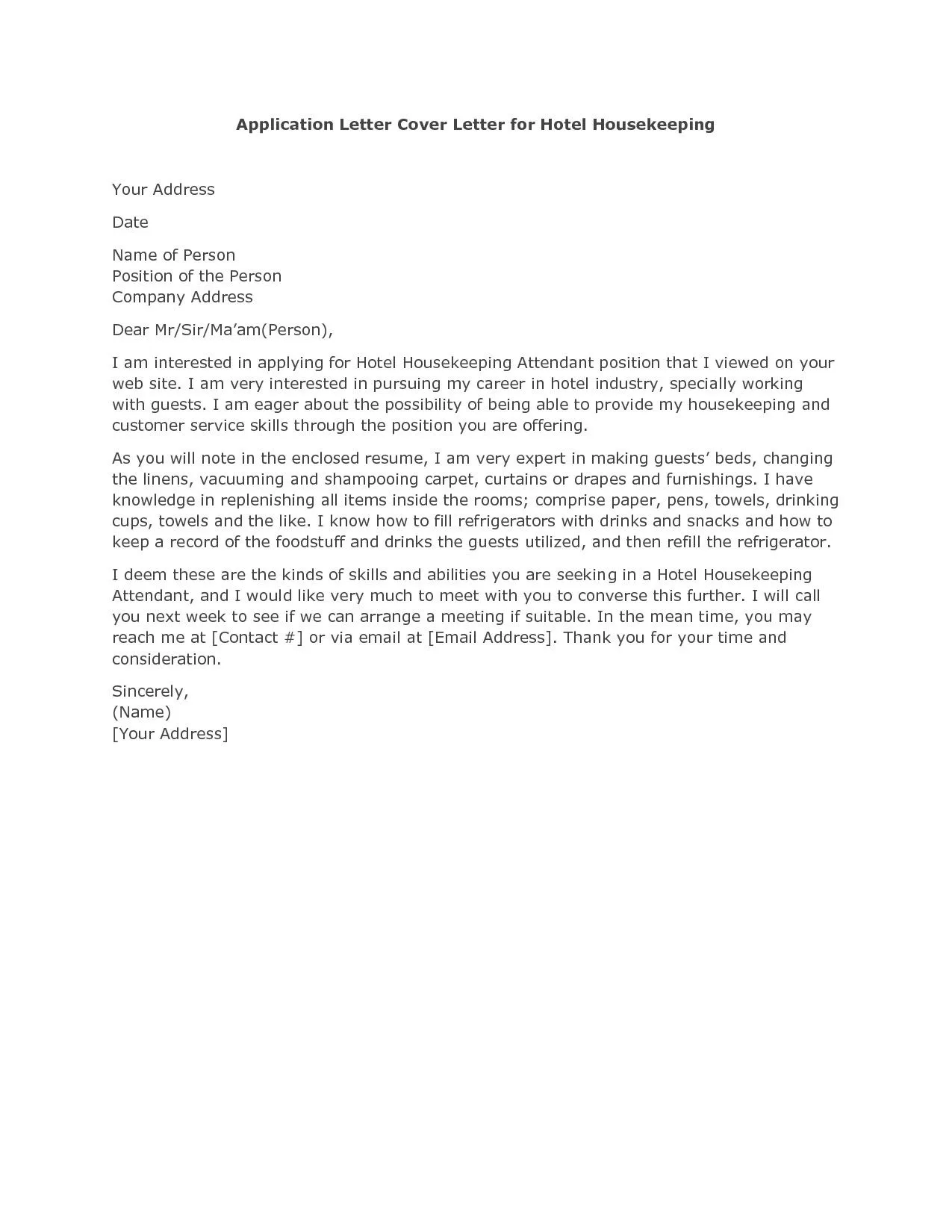
When writing a cover letter, effectively highlighting your experience is vital. Start by clearly stating your previous roles and detailing your responsibilities, such as cleaning patient rooms, restrooms, and public areas. Include specific examples of how you have demonstrated attention to detail, mentioning tasks where you meticulously followed cleaning protocols and maintained a high standard of hygiene. If you have experience with hospital-specific cleaning procedures, such as handling medical waste or operating specialized equipment, be sure to mention this. Provide examples of how you managed time efficiently, such as prioritizing tasks or meeting deadlines. If you’ve participated in training programs or received certifications related to cleaning or infection control, include them to show your commitment to the field. By providing these detailed examples, you can show potential employers the value you can bring to their hospital.
Quantifying Achievements
Quantifying your achievements in a cover letter is key. Instead of merely stating your responsibilities, demonstrate your accomplishments with numbers. For example, if you’ve implemented a more efficient cleaning method, mention the percentage of time it saved or the number of areas you could cover. If you’ve been recognized for your attention to detail, describe the specific actions you took that led to this recognition, such as successfully reducing the number of hospital-acquired infections. If you have experience in reducing waste or cutting cleaning supply costs, include those statistics. Quantifying these achievements gives the hiring manager concrete evidence of your abilities and makes your cover letter more impactful. Quantifiable details will not only showcase your achievements but also your ability to make a significant contribution to the efficiency and success of the hospital.
Tailoring to the Hospital’s Needs
Customizing your cover letter to meet the specific requirements of the hospital shows that you’ve put effort into your application. Review the job description carefully and identify the key skills and qualifications the hospital is seeking. Reflect on your skills and experiences that align with those requirements. Include keywords from the job description in your cover letter to demonstrate your understanding of the hospital’s needs. If possible, research the hospital’s mission and values, and use that information to tailor your letter to the organization’s culture. Highlight any experience you have in a similar healthcare environment and emphasize how your skills and experiences align with the hospital’s objectives. By tailoring your cover letter, you’ll demonstrate your interest in the specific position and your commitment to contributing to the hospital’s goals.
Final Thoughts and Next Steps

Landing a housekeeping position in a hospital is a achievable goal with the right preparation. This involves a clear understanding of the skills required and how to present yourself effectively. Focusing on mastering the essential skills discussed in this guide and creating a cover letter that highlights your experience and achievements tailored to the hospital’s needs, will substantially increase your chances of success. Remember to emphasize your abilities in maintaining a clean, safe, and hygienic environment, and to follow the application instructions carefully. Your efforts can lead to a fulfilling career in healthcare, contributing to patient safety and well-being. Good luck with your job search.
